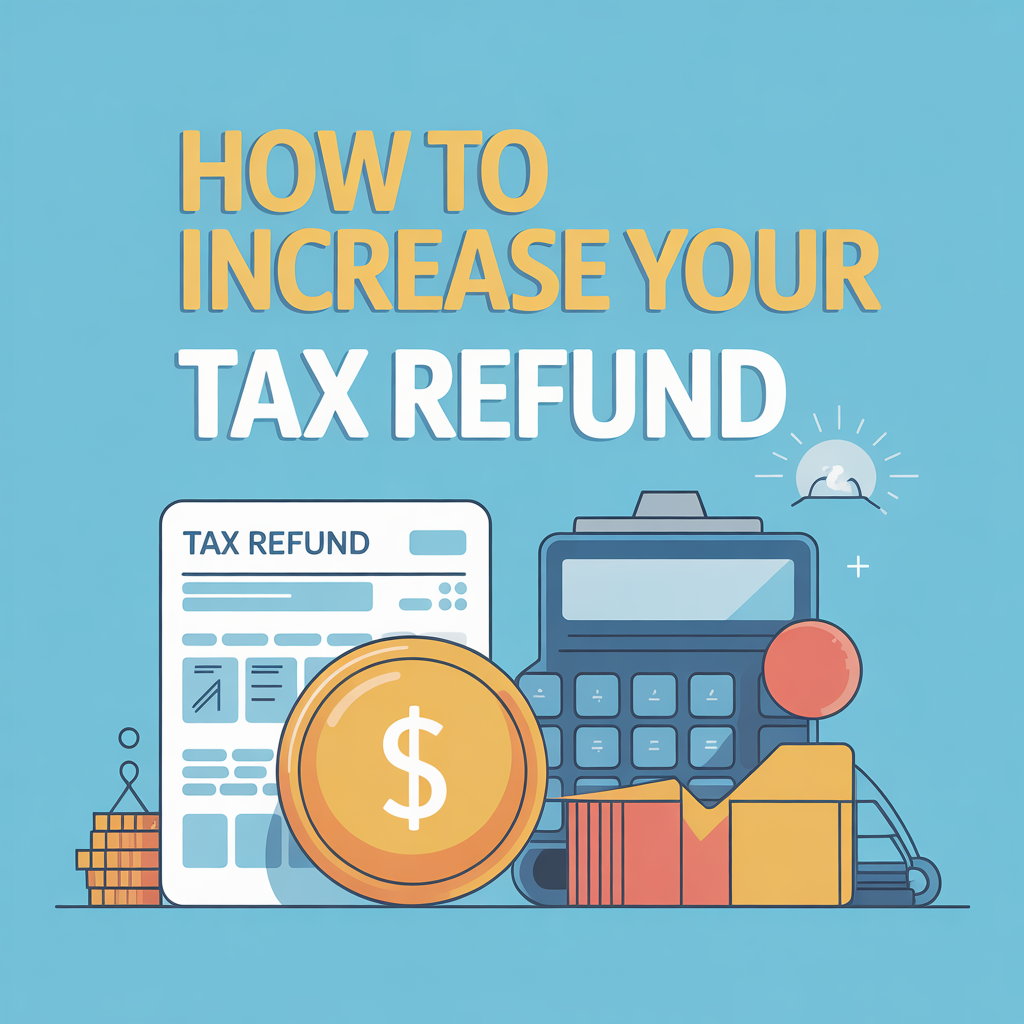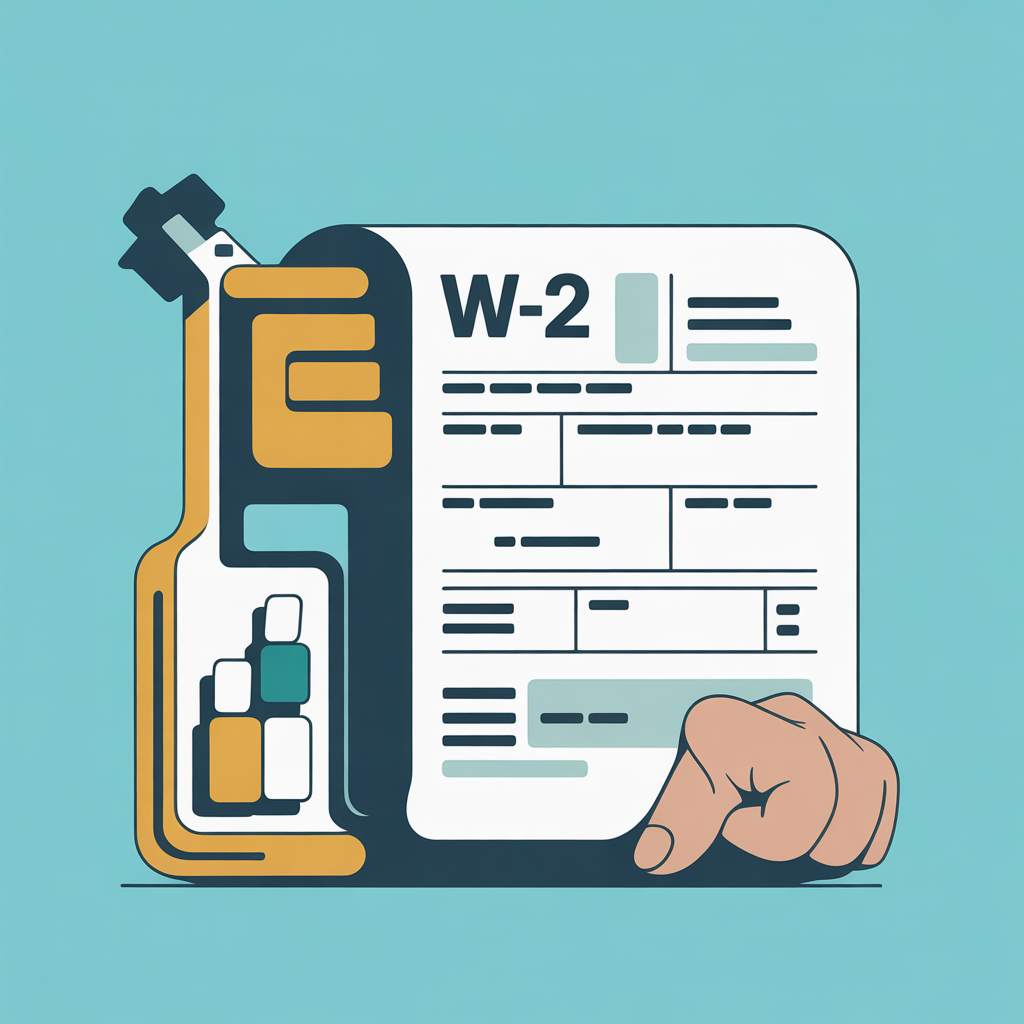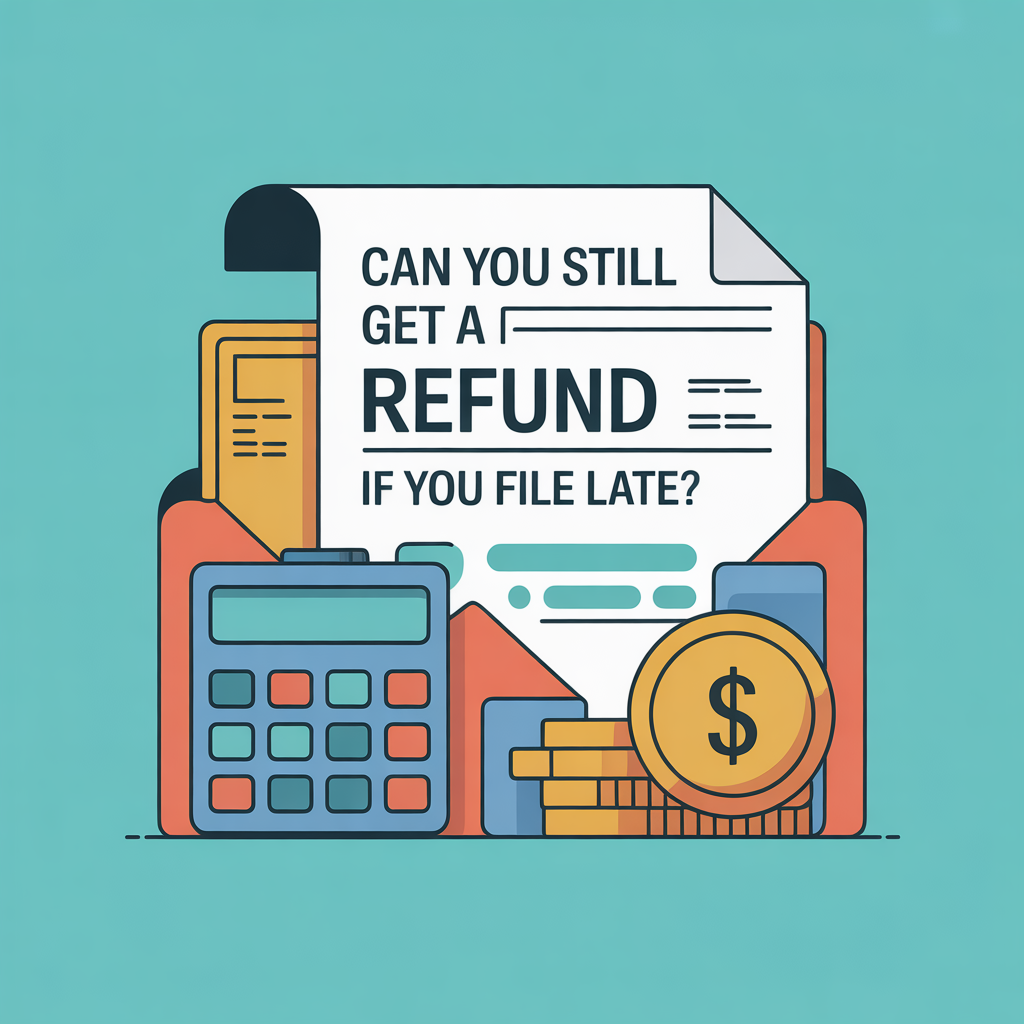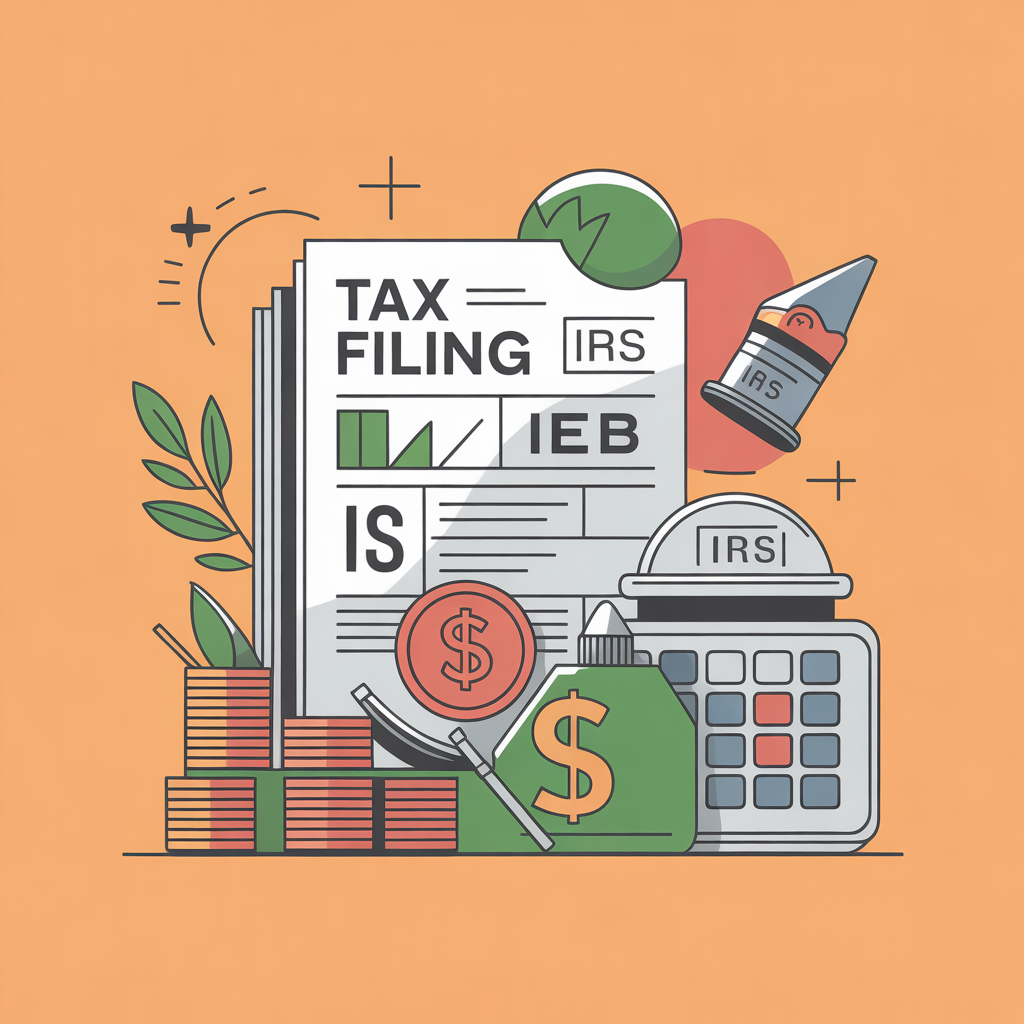Owning property in the United States comes with several financial responsibilities, one of the most significant being property tax. Property taxes are a major revenue source for local governments and help fund essential public services such as education, emergency services, road maintenance, and more. Understanding how property taxes work can help homeowners and real estate investors plan their finances effectively.
What is Property Tax?
Property tax is an annual tax paid by property owners based on the assessed value of their property. The tax is levied by local governments, such as counties, cities, and school districts, and the rates vary significantly across different states and municipalities.
How is Property Tax Calculated?
Property tax is calculated using the following formula:
Property Tax = Assessed Value of Property × Local Tax Rate
- Assessed Value: This is the valuation of the property determined by local tax assessors. It is usually based on the fair market value but may be adjusted based on state laws and assessment practices.
- Local Tax Rate: Also known as the mill rate, this is set by local authorities and varies based on the funding needs of local services.
For example, if a home is assessed at $300,000 and the local tax rate is 2%, the annual property tax would be $6,000.
Factors Affecting Property Tax
Several factors influence the amount of property tax an individual has to pay:
- Location: Property tax rates vary by state, county, and city. Some states have higher rates due to greater public service needs.
- Property Type: Residential, commercial, and industrial properties may be taxed at different rates.
- Exemptions & Deductions: Some states offer exemptions, such as homestead exemptions for primary residences, senior citizen exemptions, or veteran discounts.
- Property Improvements: Renovations or improvements that increase a property’s value can lead to higher property taxes.
When and How to Pay Property Tax
Property taxes are typically paid annually or semi-annually, depending on local regulations. Payments can be made through:
- Direct payments to the county tax assessor’s office
- Mortgage escrow accounts (where the lender collects property tax along with monthly mortgage payments)
- Online payments via local government websites
Failure to pay property taxes on time can result in penalties, liens on the property, or even foreclosure in extreme cases.
Ways to Reduce Property Tax
Homeowners can explore ways to lower their property tax burden:
- Check for Errors in Property Assessment: If a property is over-assessed, owners can file an appeal for a reassessment.
- Apply for Exemptions: Research and apply for applicable tax exemptions in your area.
- Limit Property Improvements: Major home upgrades may increase assessed value and lead to higher taxes.
- Participate in Tax Relief Programs: Some states offer property tax relief for seniors, disabled individuals, and low-income homeowners.
State Variations in Property Tax
Each state has different property tax policies and rates. States like New Jersey and Illinois have some of the highest property tax rates, whereas states like Hawaii and Alabama have some of the lowest. Additionally, some states offer property tax caps to limit annual increases.
Conclusion
Property tax is an unavoidable expense for property owners in the USA, but understanding how it works can help individuals plan their finances effectively. By knowing how property taxes are assessed, the factors influencing them, and the ways to minimize tax liability, homeowners and investors can manage their real estate expenses more efficiently. If you have questions about your specific property tax situation, consulting a tax professional can provide valuable insights.
For expert tax assistance, including property tax consultations and appeals, contact RIWA Tax Services today!
Contact us: +1 (972)-996-6644
Email us : info@theriwa.com Visit our website : https://theriwa.com/






